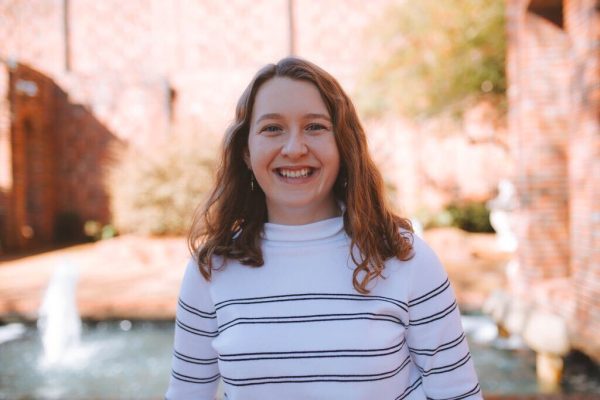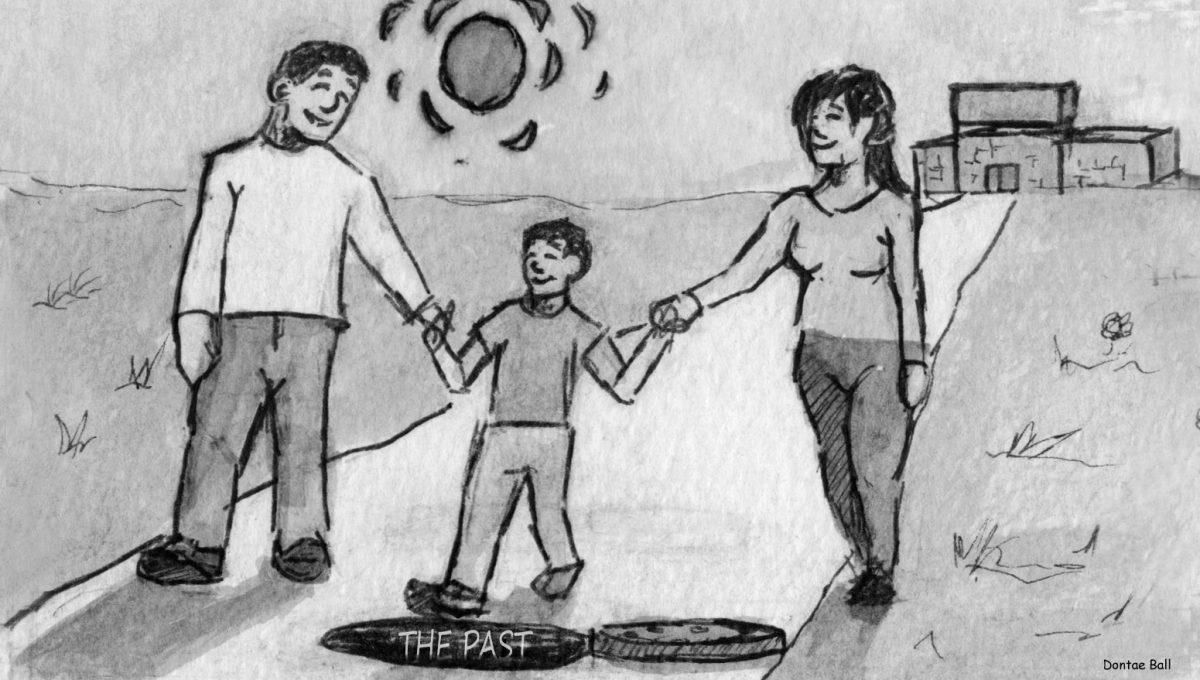November is National Adoption Month. Adoption is a good thing— everyone knows this— but what everyone does not know are the vast array of difficulties which can come with being an adopted individual. According to an article written by the Center for Treatment of Anxiety and Mood Disorders, adopted individuals frequently suffer from increased risk of substance abuse, higher rates of mental disorders and problems with identity development. One of my good friends, who is adopted, recently underwent rehab because of substance addiction. More likely than not, their mother or father was genetically prone to addiction or partook in using the substance, but my friend did not know about this information because of their adoption being closed.
This is not to say non-adopted children will not struggle with these issues, but adopted individuals are more prone to be faced with them because of their lack of biological family’s medical history. This is why adoption agencies should be required to provide open birth records and medical records of the adoptee’s immediate biological family. While there are special instances where this is not possible, it will help prevent many adoptees from going down the dark path of addiction like my friend and so many others.
The process and organization of adoption has changed significantly over the years with a large majority of closed adoptions providing significantly more information provoked by “Bastard Nation” in 1996. Bastard Nation, as the Adoption History Project defines them, is “a feisty organizational newcomer” to adoption reform who adopted the “in your face” activist style of the AIDS crisis. The main goal the organization fought for was to end adoption secrecy because of its association with shame about illegitimacy, infertility and being adopted. This activism resulted in the United States’ first open records law “Ballot Measure 58” in Oregon in 1998 which allowed individuals 21 years or older to access their birth certificates.
Since then, several initiatives have passed and given adopted individuals more access to their own and birth family’s records. However, it still raises question to think of all the people who were in the adoption system but were not granted access to this same peace of mind. People have the right to know where they came from and what to expect for themselves in the future for their health and wellness. In an article written by Ashley Foster for GLADNEY Center for Adoption, she explains some states allow you to obtain your entire adoption file as long as you meet the requirements, but not all states have open records for adoptees.
In the event that your state does not have open records, such as Mississippi, you are forced to petition the court, which Foster discourages because of its degree of difficulty. These laws do not just hurt young people but older individuals who want closure but are roadblocked by the legal system. Sarah Fowler for The Mississippi Clarion Ledger wrote a story in 2019 about Johan Nilsen, a Gulfport native, put in a children’s home in Jackson. Nilsen, at age 83, has petitioned the court for years to gain access to his birth certificate, but is blocked by a Mississippi law from being able to do so. The law requires biological parents to release the information for their child to gain access, but Nilsen’s parents are presumed dead, thus making it almost impossible for Nilsen to learn valuable information.
This is just one example of sealed records impacting an adopted individual’s life, but there are thousands of other lives impacted by this practice in harsher ways than the desire to know who one is. While some biological parents are cooperative when it comes to medical and birth records, not everyone has that luxury, which is why these documents should be required and open when children are given up. Things are getting better for younger generations of adopted children, but there is always room in any system to make improvements. It is time to show adopted individuals they do not just matter to their new families, but also to the place they are from too. Reform the adoption system and make people’s identities their own, not state property.
Adoptions should have open medical records to warn people of predisposed tendencies
About the Contributor

Emma Dotson, Former Opinion Editor
Emma Dotson served as the Opinion Editor from 2021 to 2022.






















































































